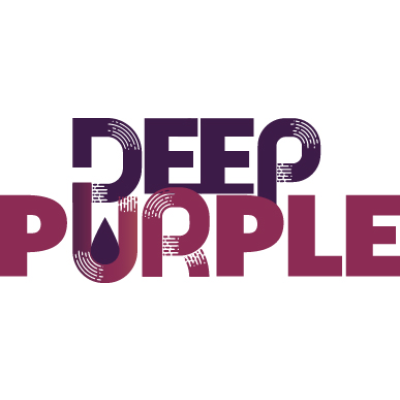
DEEP PURPLE
CONVERSION OF DILUTED MIXED URBAN BIO-WASTES INTO SUSTAINABLE MATERIALS AND PRODUCTS IN FLEXIBLE PURPLE PHOTOBIOREFINERIES

CONVERSION OF DILUTED MIXED URBAN BIO-WASTES INTO SUSTAINABLE MATERIALS AND PRODUCTS IN FLEXIBLE PURPLE PHOTOBIOREFINERIES
The EU generates almost 140 million tonnes of urban organic waste every year. Around 75 % of this is incinerated or landfilled and has a major environmental impact. It is also a lost opportunity as much of this waste has the potential to be recycled. The main reason why the various waste streams are not recycled is that current methods of valorisation have low performance, high carbon footprint, and most nutrients are dissipated. The waste streams are also highly heterogeneous and diluted, meaning that efforts to separate them at source are difficult.
To address this challenge and recover the potential from these urban waste streams, the DEEP PURPLE project demonstrated a method to transform diluted urban organic waste, including mixed waste streams, the organic fraction of municipal solid waste, wastewater and sewage sludge into a sustainable source of feedstock for various bio-based industries, such as plastics, construction, fertilisers, and personal care and cosmetics.
DEEP PURPLE has implemented a novel multi-platform biorefinery concept (using biomass, cellulose, and biogas as sources) to replace current harmful to the environment practices.
The overall objective of DEEP PURPLE was to develop and demonstrate the viability of the concept of a versatile, integrated, and flexible multi-platform biorefinery capable of extracting and recovering high-added-value compounds from urban waste streams.
The specific objectives were: